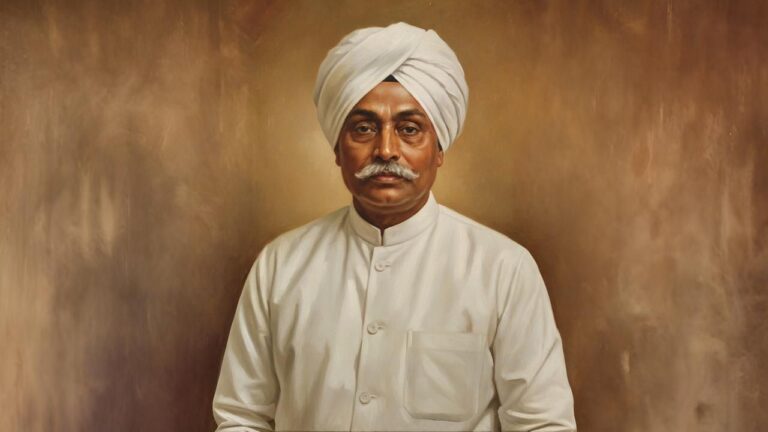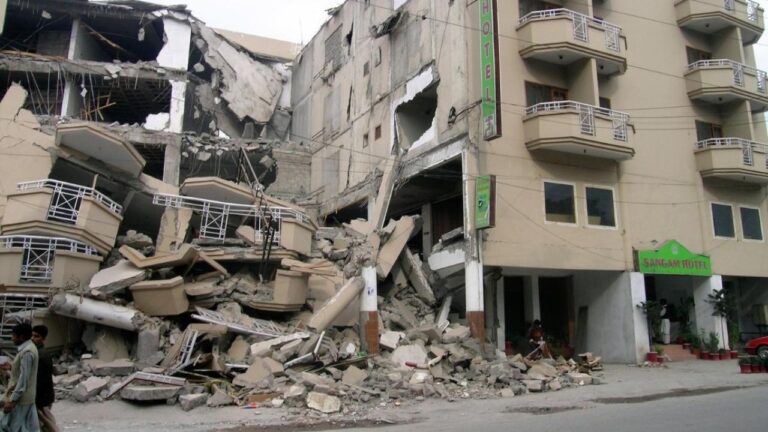
The Supreme Court has directed civic bodies in Delhi-NCR to remove all stray dogs from public spaces within eight weeks and shift them to designated shelters, warning of strict action against any obstruction to the drive. The decision, aimed at addressing the growing number of dog-bite and rabies cases, has sparked a sharp backlash from animal welfare groups, who say the order violates the Animal Birth Control (ABC) Rules, 2013, and risks triggering public health setbacks.
The directive marks a significant departure from India’s long-standing stray dog management policy, which for over two decades has relied on sterilisation, vaccination, and in-situ release of community dogs. Under the ABC Rules—framed under the Prevention of Cruelty to Animals Act, 1960—sterilised and vaccinated dogs must be returned to their original locations, with permanent removal permitted only for rabid or dangerously aggressive animals.
Two high courts, in Bombay and Kerala, have previously upheld the ABC framework, which aligns with World Health Organization (WHO) guidance for controlling rabies while protecting animal welfare. Critics warn that mass removal to shelters will disrupt territorial stability among dogs, increase the risk of rabies spread, and lead to overcrowded and inhumane shelter conditions.
On Monday, a bench of Justices J.B. Pardiwala and R. Mahadevan, hearing a case on rabies-related fatalities, said localities must be “free of stray dogs” and urged swift, uncompromising action. When lawyers pointed out that the ABC Rules require the release of sterilised dogs, the bench responded, “Forget the rules for the time being,” adding that the move was in the “public interest” and “no sentiments of any nature should be involved.”
This stance contrasts sharply with the court’s October 2022 ruling, when a different bench observed that “street dogs cannot be held in captivity” and rejected the idea of forcing those who feed stray dogs to adopt or shelter them. As recently as July 2024, the SC reaffirmed the ABC Rules in another case, stressing the need to balance public safety with animal rights.
Animal rights organisations have strongly condemned the new order. Gauri Mulekhi, trustee of People for Animals, called it “shocking” and “uncharacteristic” for a country with “compassion in its DNA,” noting that Delhi has recorded no rabies-related human deaths. The Federation of Indian Animal Protection Organisations (FIAPO) also criticised the decision, calling it a “public health risk” and a “legal violation” of the ABC framework.
FIAPO and other groups argue that mass removal undermines proven strategies—mass vaccination, sterilisation, and waste management—that have brought rabies cases close to zero in some urban areas. They have urged authorities to adopt science-backed, humane measures instead of resorting to what they see as a legally and ethically problematic approach.
The Delhi High Court is currently hearing multiple petitions on stray dog management, including a plea seeking contempt action against the Municipal Corporation of Delhi for not complying with the ABC Rules. Activists fear that the Supreme Court’s latest order could undercut these ongoing proceedings and weaken long-standing legal protections for community dogs.






